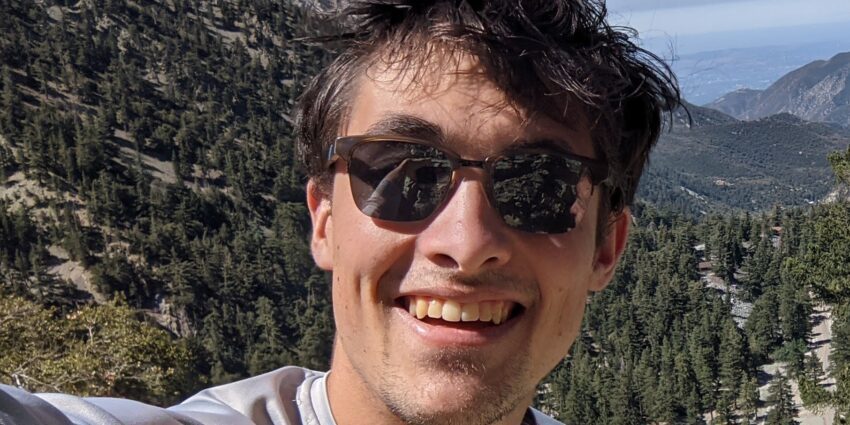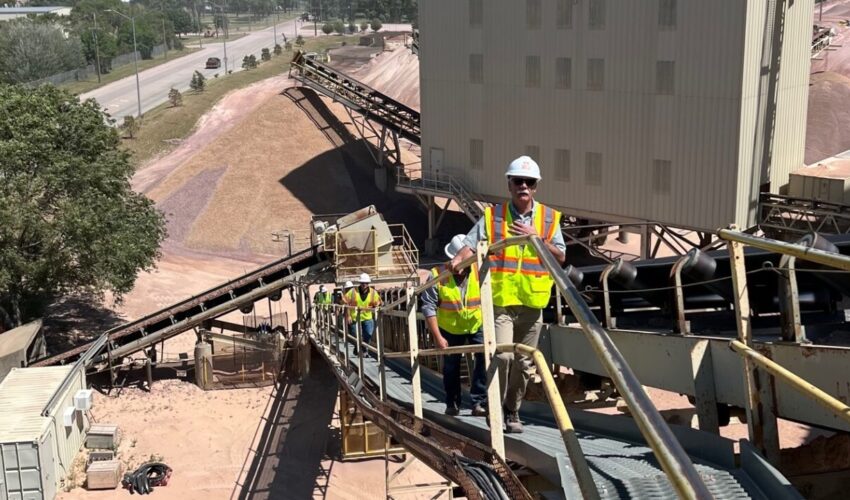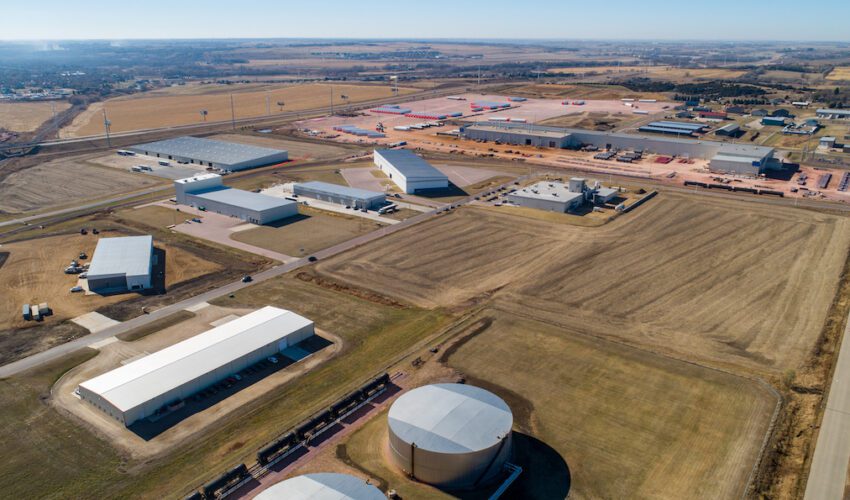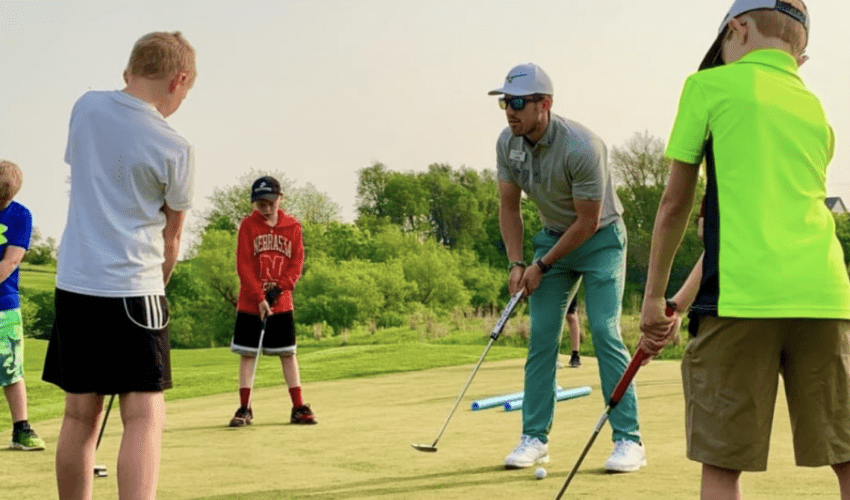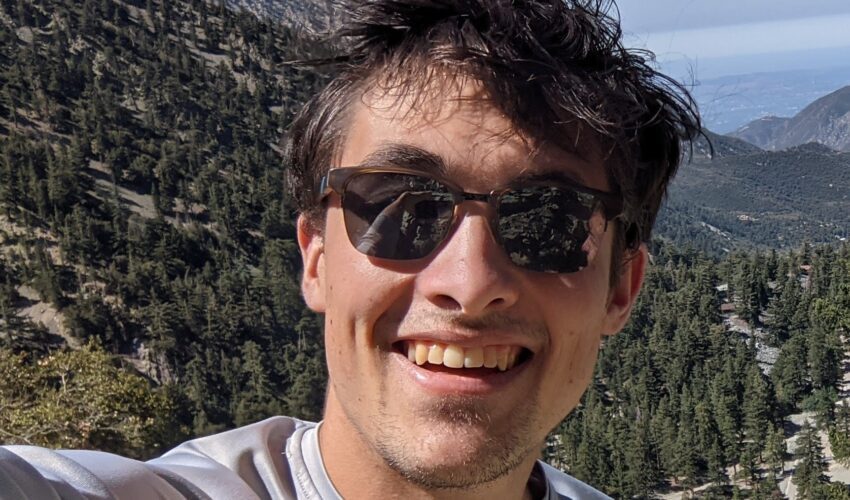Internships build student confidence, benefit businesses
May 9, 2022
This paid piece is sponsored by Dakota State University.
A college class piqued Hunter DeMeyer’s interest in bioinformatics, but a unique internship opportunity gave him the confidence to pursue a career in the field.
DeMeyer’s career journey started when he made the 1,000-mile trek from his home in Solon, Ohio, to Madison, South Dakota.
He planned to focus on cyber operations while studying computer science at Dakota State University, but “then I found out it was not exactly what I wanted to do, so I switched to a more computer science focus.”
In his final semester, he took an intro to bioinformatics course with biology professor Dr. Andrew Sathoff. Bioinformatics is like computer science, DeMeyer explained, but with a focus on biological components.
“I fell in love with the topic,” he said.
That was also the semester that the COVID-19 pandemic began. Classes switched to being offered online, and many summer internships were put on hold, but DSU faculty worked to find alternative opportunities for students, some through independent study projects.
Employees at Alumend, a biomedical drug-device company in Sioux Falls, heard about this, and it piqued their interest.
They needed someone to help with a software development project related to their microscopy work and contacted DSU faculty to see if a student could help.
DeMeyer was not looking for an internship, but after graduation, he found that “nobody was hiring,” so when he heard about the project from instructor Andrew Kramer, “I jumped at the opportunity to work in the medical and biology space.”
DeMeyer was hired as a consultant, not as an intern, but the relationship still fit the definition of an internship, which provides “a professional learning experience that offers meaningful, practical work related to a student’s field of study or career interest.”
As part of its research, Alumend is collaborating with Dr. Steve Smith at South Dakota School of Mines and Technology, said Dr. Jeff Elbert, principal scientist at Alumend. Smith, a physicist, does fluoroscopy for Alumend, and in the resulting data, the chemistry is “hidden,” Elbert said, so they need to “translate” that information through advanced math and computer programming.
“We needed a way to view and analyze the raw fluorescence data from Dr. Smith’s lab,” Elbert said. “That’s what Hunter did for us.”
DeMeyer worked remotely from Ohio on the project and said that after initial emails and conference calls, he “was bombarded with information from the new domain, but I was able to identify the problem they were having from a computer science perspective and started thinking about solutions and researching ways to make deconvolution faster.”
DeMeyer started by designing and writing two programs: one to read the data and a second program to plot the information in a number of ways. Working together, these programs give the Alumend researchers options to look at different aspects of the data.
Originally, it took three days to process the information from SD Mines. “My program does it all in three minutes,” DeMeyer said.
“It’s a really, really nice program he wrote for us,” Elbert said, “and it was fascinating to see him work.” Because DeMeyer worked as a consultant, they will be able to work with him again if they need the program tweaked.
“This was a great experience for us,” Elbert said.
DeMeyer agreed that his time with Alumend was perfect. It helped him gain confidence in this field and in himself. “I can work in this space,” he realized, so he began applying to graduate schools.
In March 2021, he was accepted into his first graduate school. “They had been impressed with the experience I’d had.” Now, he’s a bioinformatics master’s degree student at the University of Illinois Urbana-Champaign. The coursework, a blend of computer science and biology, is interesting, he said.
“I really like bioinformatics because of the data analytics and the algorithms, and there are a lot of different directions I can go.”
He also appreciates that the field has a larger purpose. “I like the idea of working to improve the quality of life for people with diseases.”
DeMeyer admits that when he started working with Alumend, “there were a couple of days I was not sure if I could complete it, but through persistence and perseverance I stuck with it, and now I feel like there’s not a problem we can’t solve.”

